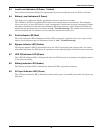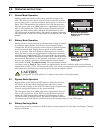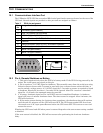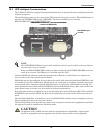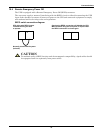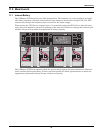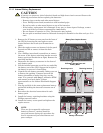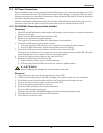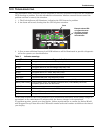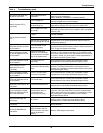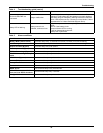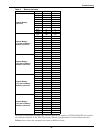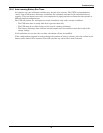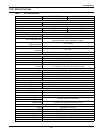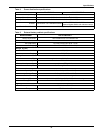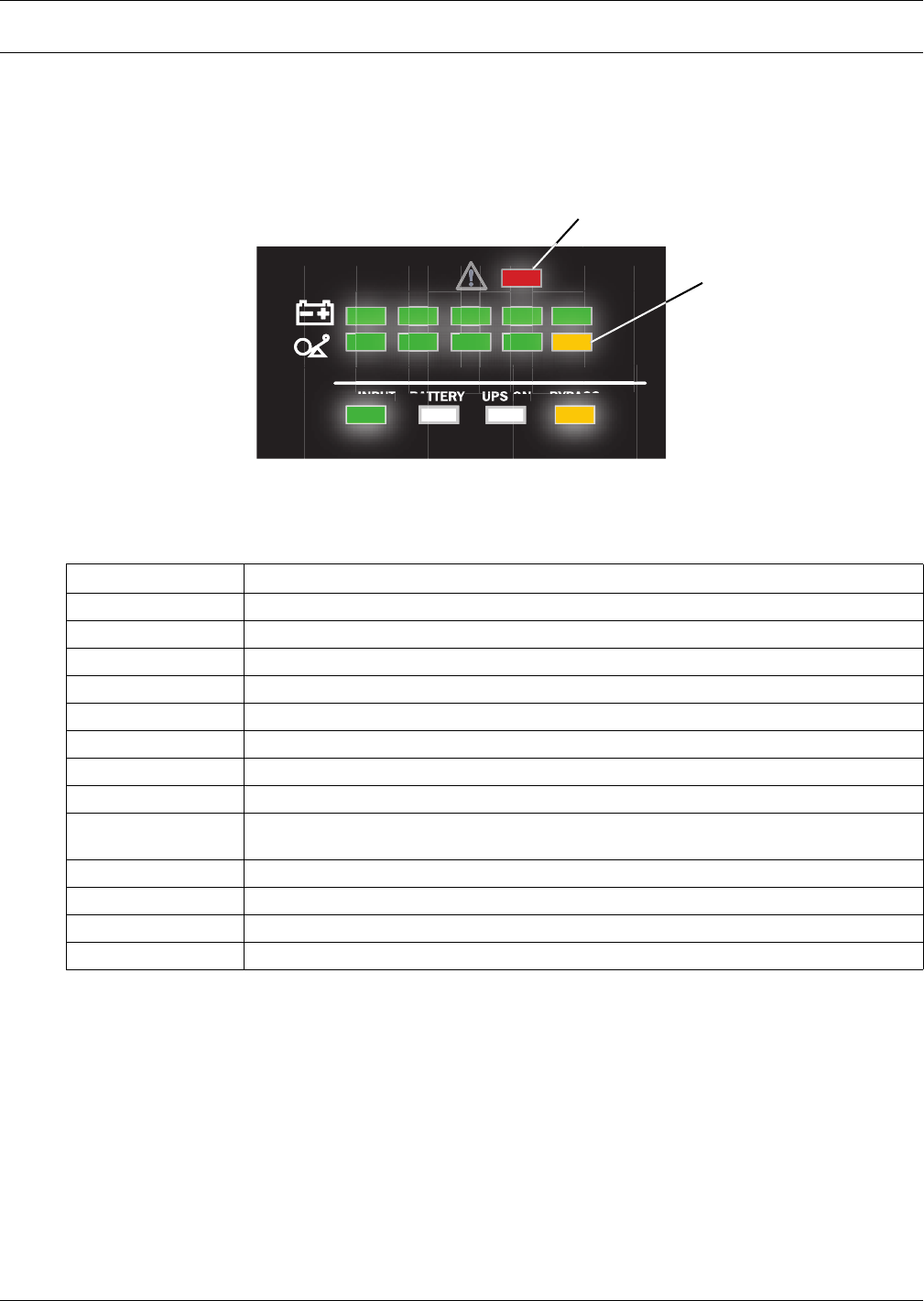
Troubleshooting
27
12.0 TROUBLESHOOTING
The information below indicates various symptoms a user may encounter in the event the UPStation
GXT2 develops a problem. Use this information to determine whether external factors caused the
problem and how to remedy the situation.
1. 1. The Fault indicator will illuminate, indicating the UPS detected a problem.
2. 2. An alarm will sound, alerting that the UPS requires attention.
3. 3. One or more additional battery level LED indicators will be illuminated to provide a diagnostic
aid to the operator, as described below:
Under fault conditions, the Fault indicators will be illuminated indefinitely while battery charger is
operational, or for a maximum of 5 minutes while the battery charger is not operational.
If a problem persists, consult your local dealer, Liebert representative or contact the Liebert World-
wide Support Group. Please have the UPS model number and serial number available at the time of
your inquiry.
Table 3 Indicator meanings
LED status Diagnosis/Audible alarm
All LEDs On bypass due to output overload; beep every half-second
A LED On bypass due to overtemperature condition; beep every 4 sec.
B LED On bypass due to DC bus overvoltage; beep every 4 sec.
C LED DC-DC failure during battery mode; beep every 4 sec.
D LED On bypass due to PFC failure; beep every 4 sec.
E LED On bypass due to inverter failure; beep every 4 sec.
A&C LEDs UPS failed battery test; long beep every minute
C&E LEDs UPS shutdown due to command from communication port (SNMP); no beep
Battery LED Flashing
Internal Battery source not available (continuous horn). Check Battery connection,
completely power down and reboot UPS.
A&E LEDs Fan locked
B&C REPO active. UPS cannot run with REPO loop open.
B&D UPS is OFF due to previous REPO shutdown. Autorestart disabled.
D&E Charger Malfunction
BAT
ON
BYPASS
AC INPUT
AC
Fault
Example shows UPS
on bypass because
of output overload,
signified by amber
load indicator.



